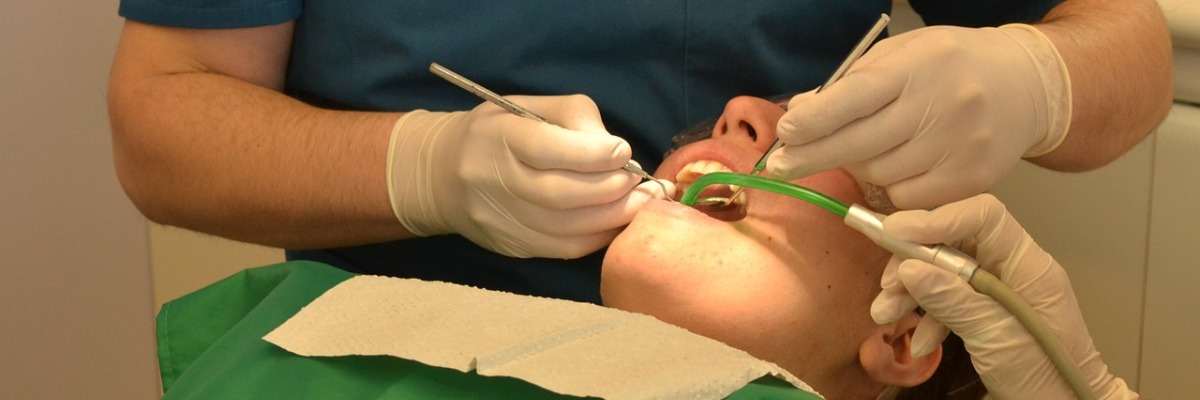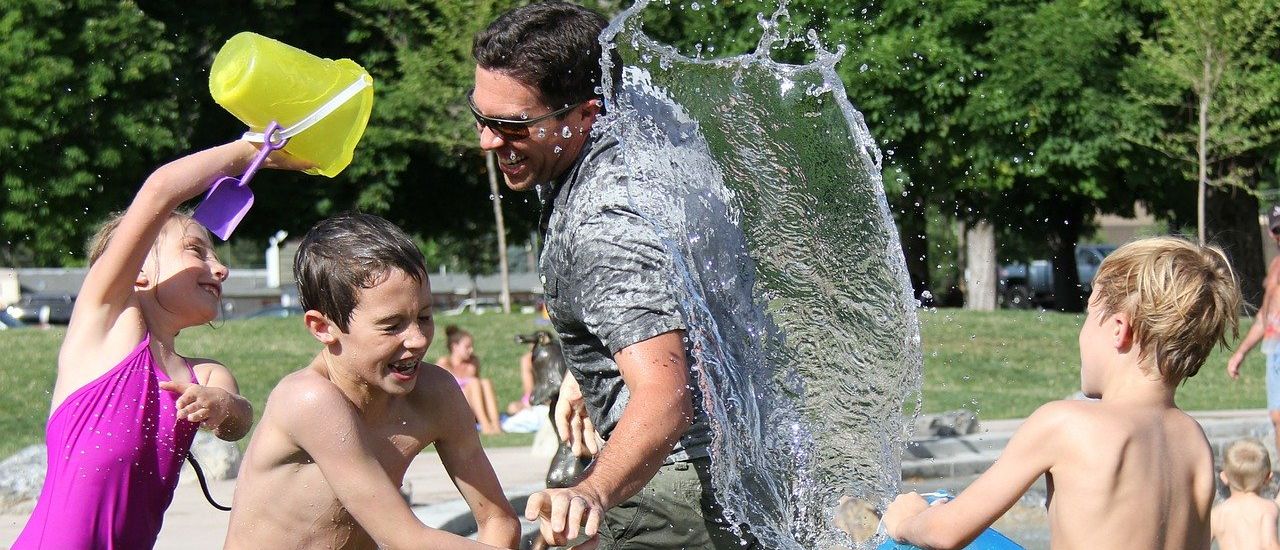By Tom Maling
The NSW Civil and Administrative Tribunal has found that a dentist has breached nursing homes residents’ human rights by providing dental treatment to without their consent.
In 2011, a NSW dentist attended 6 nursing homes and provided dental treatment to 69 residents. Of these 69 residents, only 17 were able to consent to the treatment. It is a crime to provide medical treatment when a person has not consented to it, and patients/victims will be entitled to compensation for any treatment provided to them without their consent.
On 1 August 2017, the Tribunal made orders prohibiting the dentist from practicing for at least 2 years. In its judgement, the Tribunal also said:
It is hard to imagine a more vulnerable group of patients. Those providing services to our elderly citizens have a duty to respect their human rights and dignity. Those persons lacking in cognitive capacity are deserving of special care from professionals involved in their treatment. So much is clear from Australia’s ratification of the United Nations Convention of the Rights of Persons with Disabilities, particularly Article 25 of that Convention which deals with the provision of health services. That respect of human rights and special care was completely absent in the practitioner’s treatment of the 69 patients.
What about the nursing homes and nurses?
While no nursing homes or nurses were sanctioned in this matter, the Tribunal did state:
… it is indeed unfortunate that the facilities also did not take greater care to ensure that informed consents had been obtained from all competent patients, or for the majority of them who were incapable of giving informed consent, the person responsible or guardian, before any treatment occurred ….
The law plays an essential role in protecting the human rights, dignity and health and wellbeing of people living in nursing homes. Nursing home residents have rights protected by the Aged Care Act 1997. Also, negligence and assault/battery claims provide compensation for injuries, as well as promote higher standards for future treatment.
Nursing homes and registered nurses have duties of care to nursing home residents. In this matter, we query how a reasonable nursing home, or a reasonable registered nurse, could permit a dentist to enter a nursing home and provide treatment to vulnerable people who lack the capacity to consent to the treatment. It is likely that a nursing home has a duty to residents who do not have capacity to consent to treatment, to ensure they are not given treatment which they have not consented to.
The law in this area is developing. We specialise in health law issues affecting nursing home residents such as negligent or unauthorised treatment, neglect, complaints about health practitioners and complaints about nursing homes.
Please feel free to contact Thomas Maling if you have concerns about the care and treatment a nursing home is providing.
Further reading
- What duty of care does a nursing home have?
- Consenting to Health and Medical Treatment
- Aged Care Complaints Commissioner
- NCAT Case
To contact Tom Maling by phone or to make an appointment in either our Canberra or Queanbeyan office:









